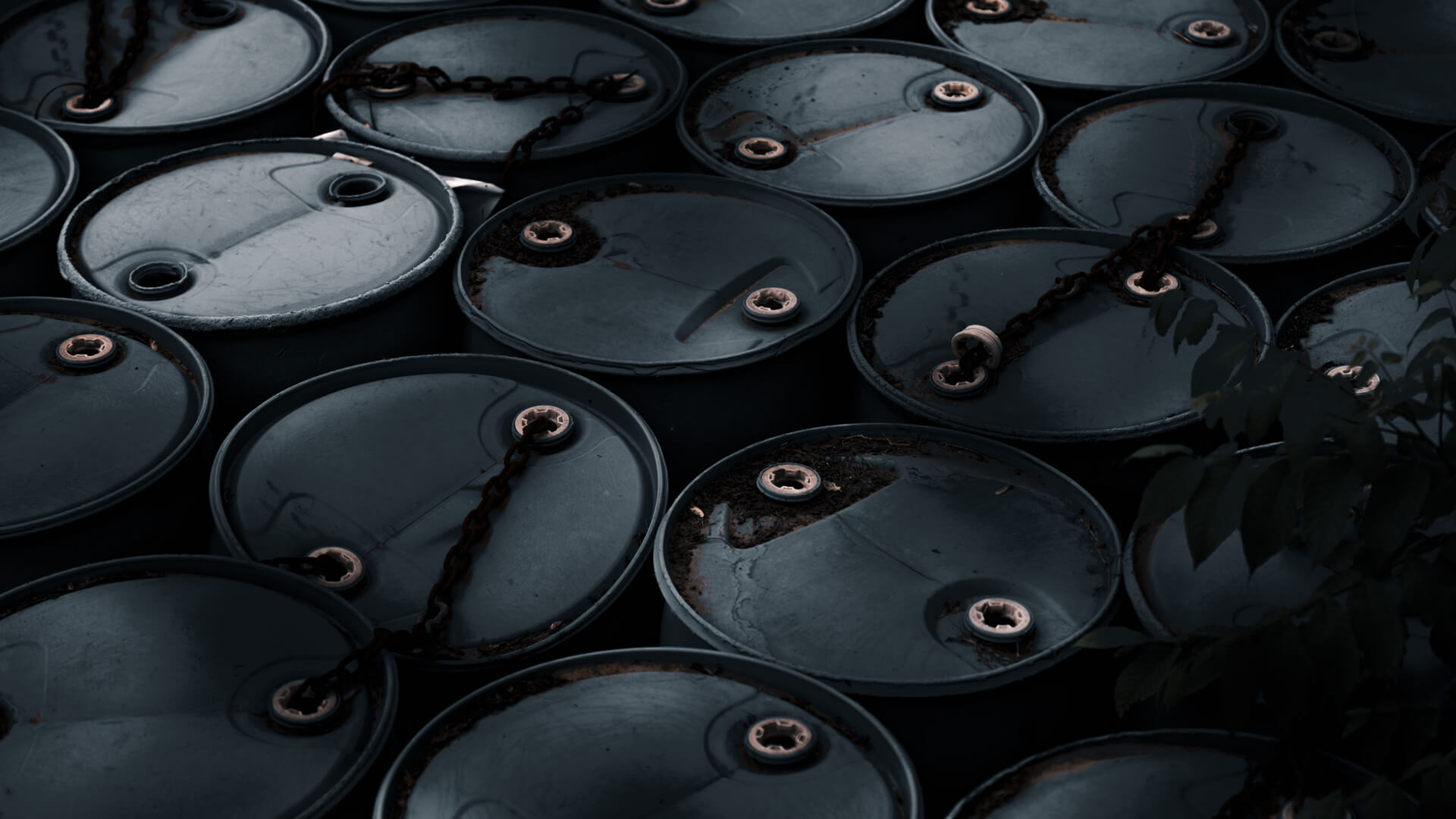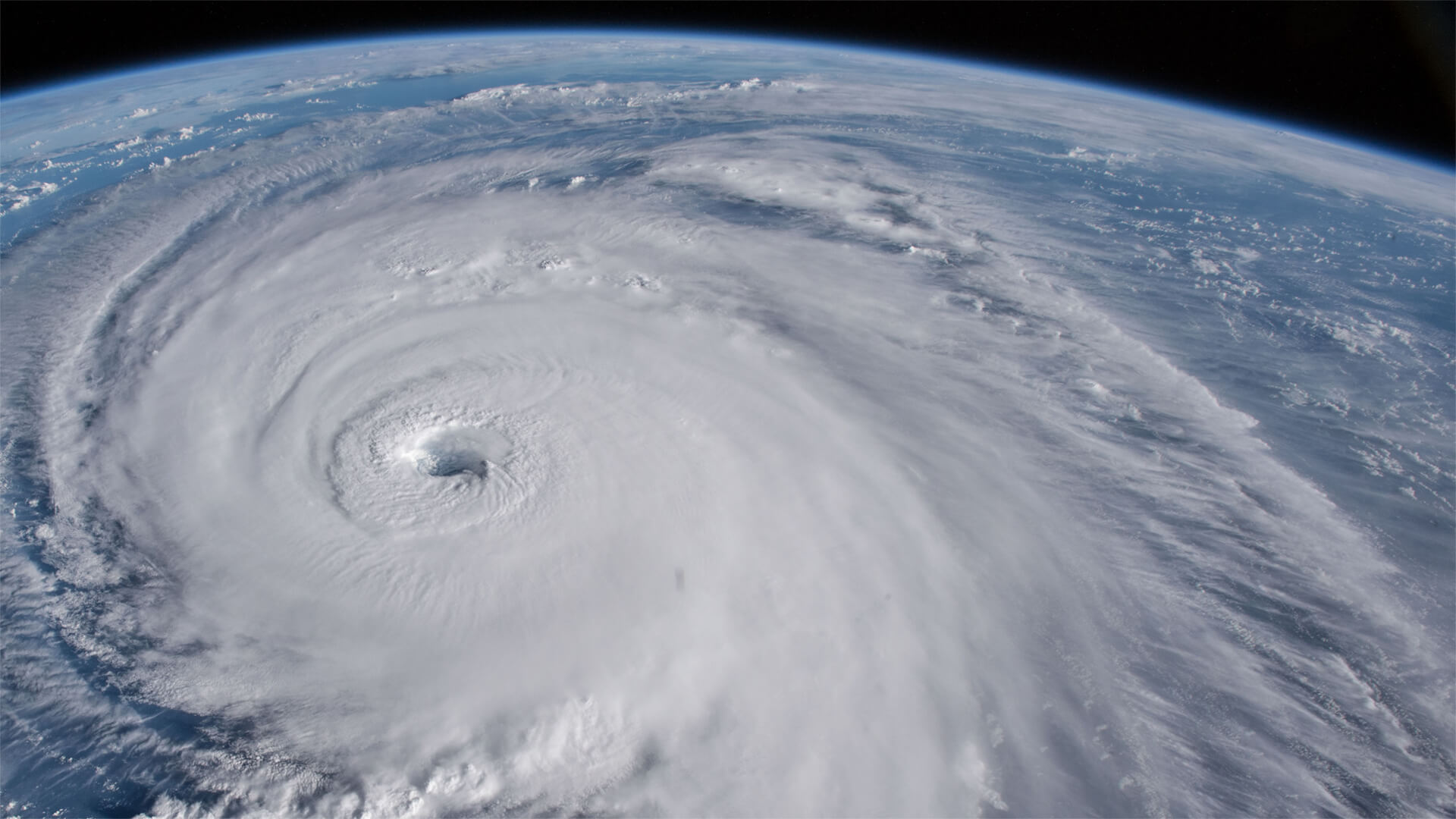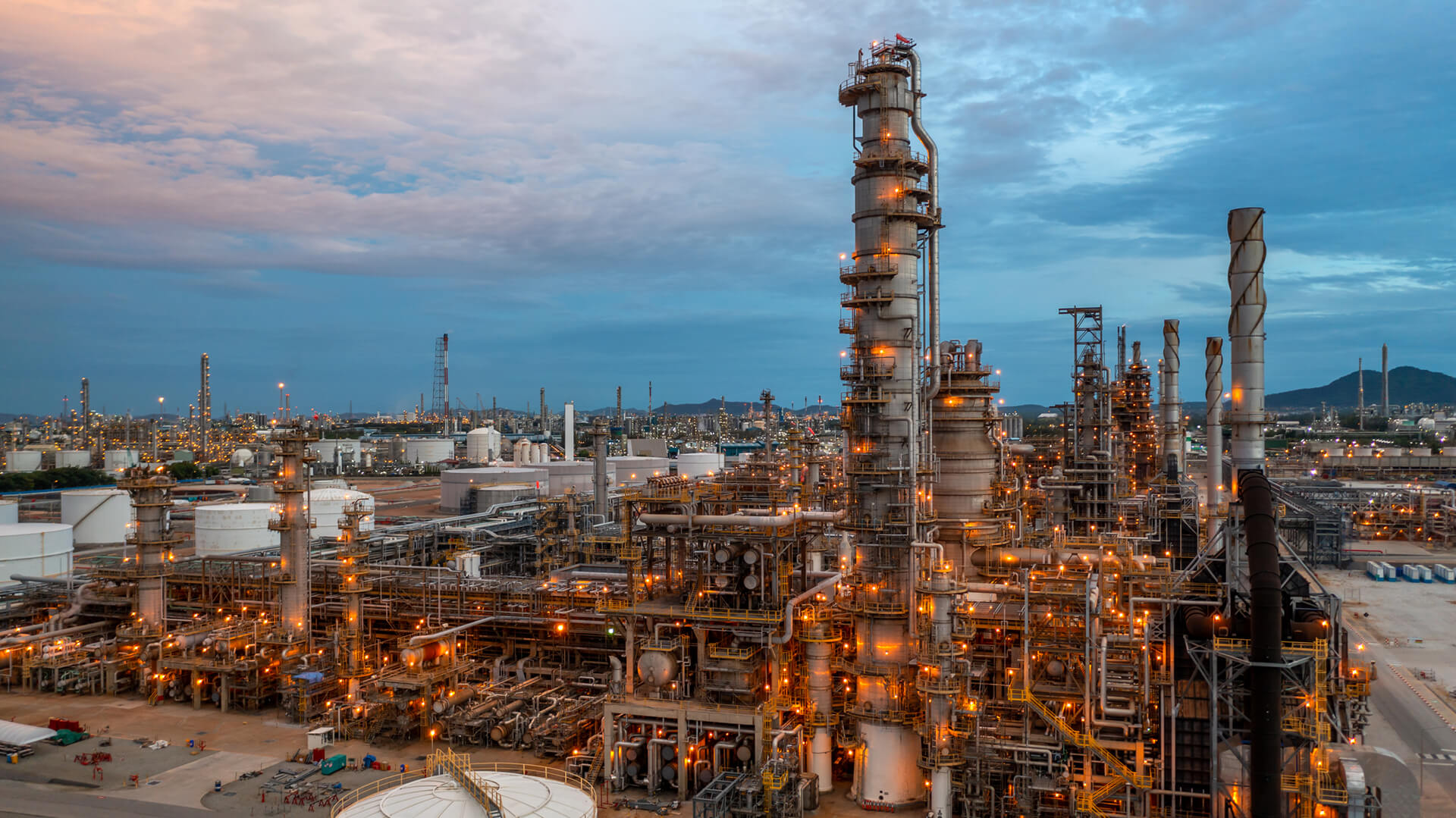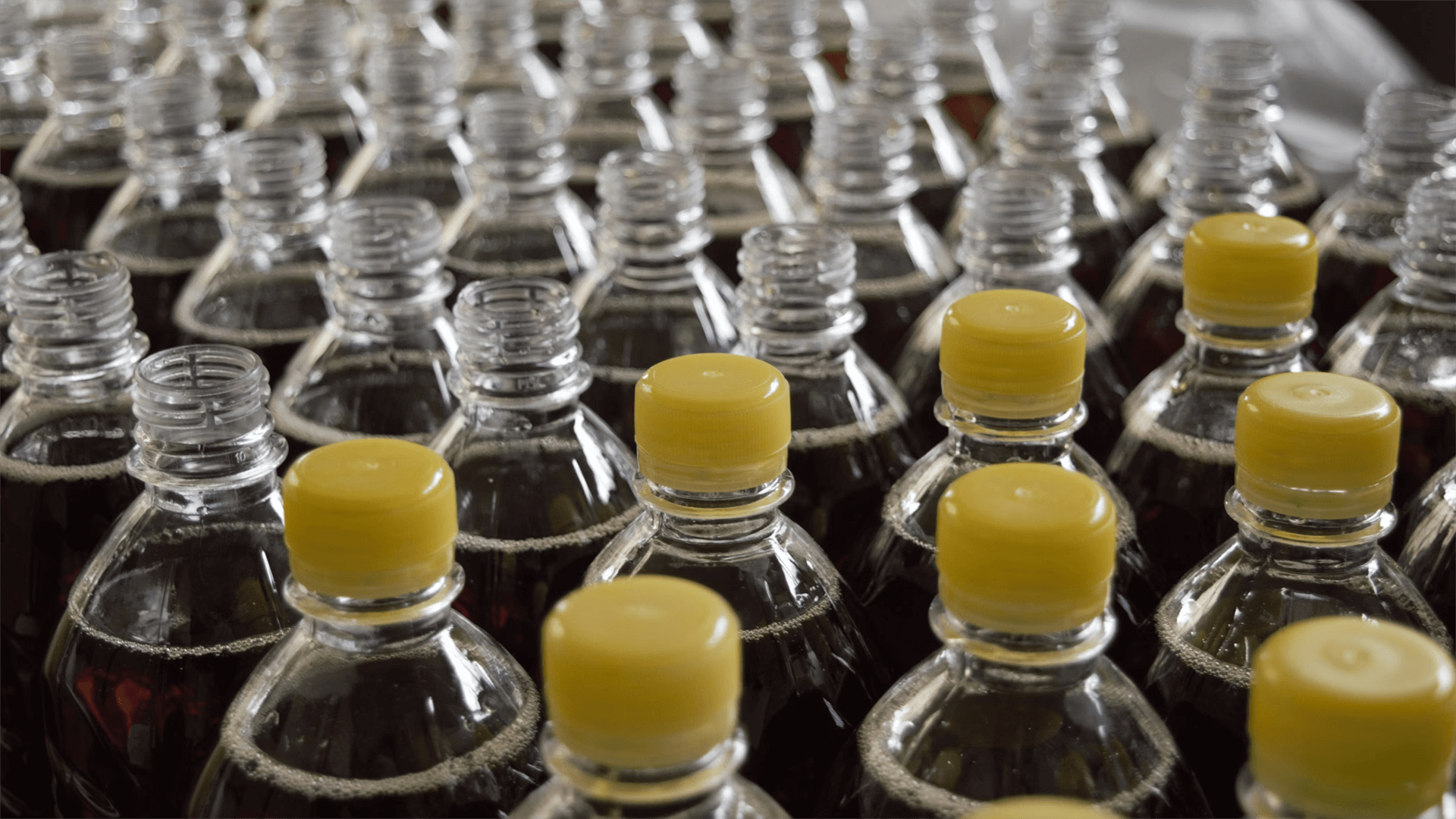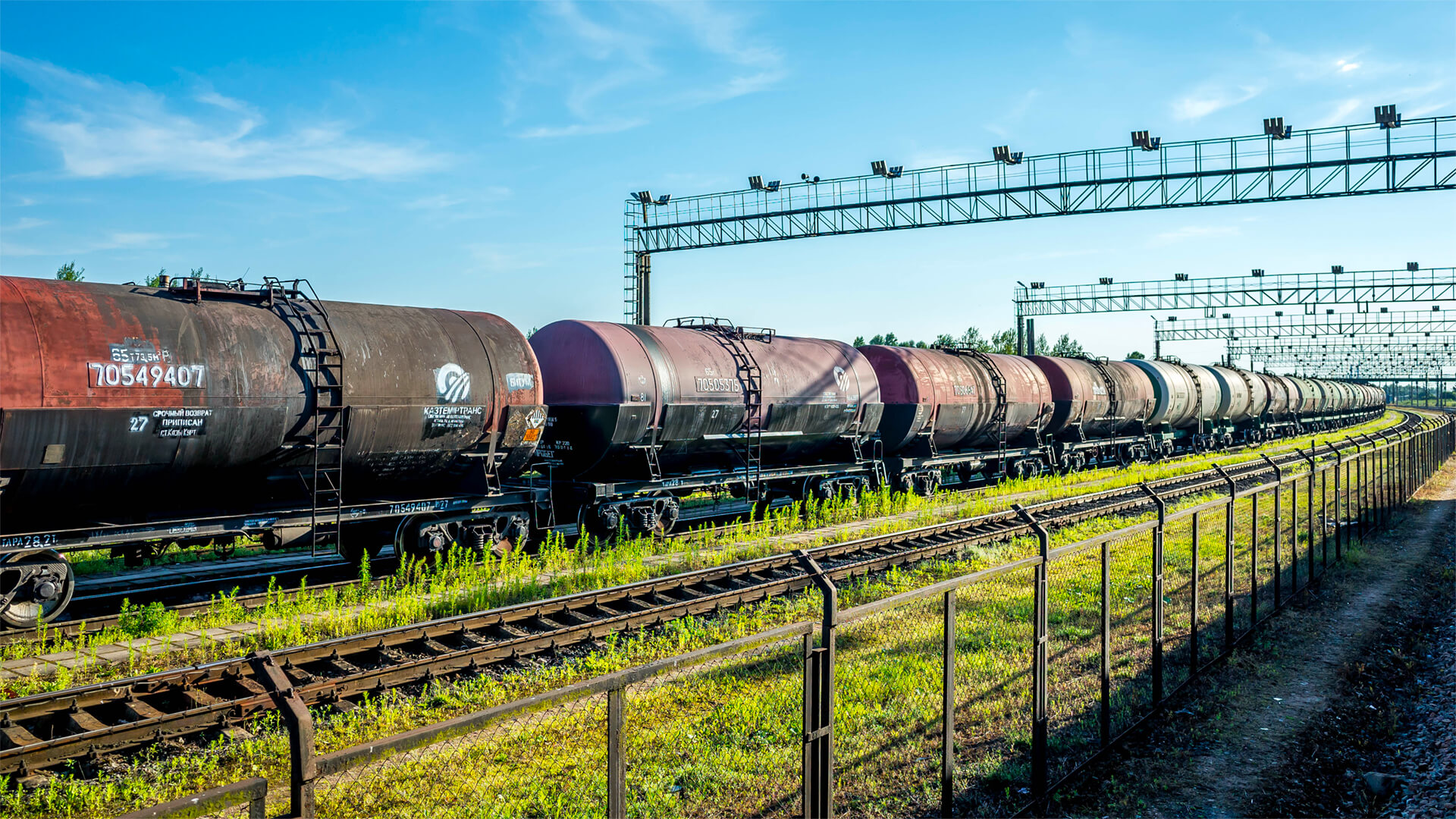The US oil industry has seen a massive boost thanks to the shale revolution, but can the Europeans replicate the success the US has seen?
Unfortunately for Europe, there are a lot of things working against them. Problem one is that Europe just doesn’t have the right geology to make this work. They are also missing the decentralized network of small companies that helped build out the shale network in the US, they lack innovation, and they don’t have a rapid regulatory approval system. Aaand there is no financial incentives for landowners due to the legal barriers in place.
In the short term, this doesn’t look very plausible for the Europeans. They would need to buildout all the infrastructure, under perfect conditions, and even then it would take a decade to MAYBE get one million barrels per day. So, oil imports from the Middle East and US will continue.
Here at Zeihan on Geopolitics, our chosen charity partner is MedShare. They provide emergency medical services to communities in need, with a very heavy emphasis on locations facing acute crises. Medshare operates right in the thick of it, so we can be sure that every cent of our donation is not simply going directly to where help is needed most, but our donations serve as a force multiplier for a system already in existence.
For those who would like to donate directly to MedShare or to learn more about their efforts, you can click this link.
Transcript
Hey, everybody. Peter Zeihan here coming to you from a brisk Colorado. Today we’re going to take a entry from the Ask Peter forum. Specifically, what would it take for Europe to experience an American style shale revolution? The continent is a massive importer of oil and natural gas, and they don’t exactly have a lot of territory that is good for sun or wind either.
So their choices really are nuclear, which let’s just call that problematic in some places, or imported. And if you’re importing, then you’re at the mercy of whoever you’re buying the stuff from, as they discovered with the Ukraine war, when that is Russia, that’s a problem. And as I discovered in the 70s and 80s, when that’s the Middle East, that’s a problem.
And then, of course, most European countries don’t have a production base navy, so they can’t even patrol their own supply lines should someone in between decide to cut them off. So, you know, reasonable question. Well, there’s a couple things that they really can’t do much about. And then there’s a couple things that they can, but I doubt they will.
So let’s start with what they can’t fix. Geology. Yes yes, yes, 90% of known oil and natural gas is in unconventional rock formations like shale. But that doesn’t mean that all shale deposits are created equally. So if you consider the United States, we’ve got the Permian, which in some places has 20 different stacked layers, each with their own petroleum layer, little jumbled together, but for the most part, pretty easy to get to.
So you can drill down through one, do laterals go down to the next one, do laterals go down the next one? Do laterals and the whole thinking funnel up through a single point of extraction. It’s by far the best in the world of that geology, and it’s, as far as we know, the only one in the world, there are tiers.
The Marcellus, in the Pennsylvania area is still pretty good, but it’s mostly gas, whereas the Permian is mostly oil. You’ve got the Bakken in North Dakota. That’s somewhere between, and the Europeans just don’t have the type of deep sedimentary geology that the United States or that North America specifically has. So it’s not that there isn’t oil and gas to be had.
It’s just it’s probably not going to have the same bang for the buck, even if all else was equal. And of course, all else is not equal. The way the United States started its shale revolution was with hundreds, if not thousands of mom and pop companies. And so we developed the expertise as we went. But it started from kind of a baseline understanding, especially national lands in the United States.
Small mom, the pops are the wildcatters that basically drill or have rights to small chunks of acreage and drill whatever’s best in that acreage. And they’re constantly trying new things. And in doing so, eventually they crack the code on shale. In the last few years, that has evolved quite a bit. And now the super majors have taken everybody’s best practices and are now doing some really aggressive iterations using things like artificial intelligence.
And overall, since 2012, we’ve probably seen worker productivity in the area increased by 350 to 400%, which is by far the record for any subsector in any industry anywhere in the world. And that’s before you consider that, we’ve gotten much more efficient with the equipment. So we’re actually getting about two and a half times as much crude as we did ten years ago.
But with one third the number of drilling operators, if you’re going to do this in Europe, you basically have to create it from scratch. With the notable exception of the United Kingdom, there is no constellation, no environment of small and medium sized players. Get your big national players that are de facto monopolies, and that’s about it. And with the possible exception of France’s too Tall and to a lesser degree, BP and EA and I, you know, none of these guys or what I would consider at the technological edge.
So simply getting into shale in the first place would be a big leap. But at least that’s something you can do something about. The other issues are far more problematic, but luckily there is a little bit of hope here. The first one is proximity. One of the reasons why the U.S show revolution has been so successful is when the technologies were first pioneered, they were pioneered on the edges of projects that had already been in production places like the Marcellus in Pennsylvania or the Permian in Texas.
And so there was already significant takeaway capacity was just waiting to be used. All the legacy pipes from previous oil booms, we weren’t exactly dormant, but they were certainly had a lot of spare, space in the pipelines. And shale was able to flow right in there. And most of the expansion we’ve seen in the last eight years has been about expanding that takeaway capacity, because it’s all the old stuff been maxed out in Europe.
Their mature fields have been abandoned for decades. And so on the off chance that there is any infrastructure left, it’s probably going to have to be completely rehabilitated. In addition, a lot of the best geology we are aware of in Europe is directly under where people live. So, for example, we know there’s a good shale geology under the some of the lowest sections, lowest in elevation in the Netherlands.
But you know, if you get any land subsidence, you all of a sudden have lost part of your country. So the chances of drilling there are not very high. And the richest shale deposit we’re aware of is under Paris, specifically under the roof. So the idea that the jewel in the crown of French historical preservation is suddenly going to be an operating oil extraction site.
I don’t think so. This isn’t the United States where there’s still oil production on Wilshire Boulevard. They have a very different attitude towards things in Europe.
The final issue, which is arguably the single largest, obstacle is legal rights in the United States, unless something has been negotiated otherwise, under the land you live on or own our mineral rights that you also control.
So if somebody decides they want to come into your neighborhood and drill and they get your permission, you get a cut. Whereas there is no country in Europe where that is the case. So if somebody were to come in, they’d get permission of the National government, and then the national government would get not just the oil and gas, but all the money that would come from it.
And you get nothing. So you’ve set up a situation where you can guarantee very strong opposition from regional governments, local governments, landowners, renters, everybody, because they don’t see any of the immediate benefit, unlike how we have it here. Now, technically, that is a legal change that is up to the individual countries to shift, but doing so would be would be a bit of a heavy lift.
So even if in a perfect scenario, the Europeans could just wave a wand and change the legal structure without public opposition and all local landowners and adjacent interests were immediately on board. And if they started building out the infrastructure for takeaway capacity today, and if they retooled their entire educational system to generate the scads of workers, that they would need to do this at scale the soonest, that you would probably see a million barrels a day fresh output, from Europe as a whole, would probably be 8 to 10 years from now.
And to be perfectly blunt, I don’t have that kind of time. The only way that the Europeans are kind of holding things together right now is with imported oil from the Middle East, an imported natural gas from the United States, and liquefied form that is more stable than their previous import menu, which was Russia heavy. But to think that that has ten years to run, in an environment where so much geopolitically is so unstable and changing so quickly, they’re gonna have to figure out another way.
One more thing. Regulation. This is something that Europeans obviously can do something about. And I’m not talking about here about a relatively anti-business, pro-environment regulation. Obviously, if you’re going to have a robust energy sector. You have to make some compromises there. That’s not what I’m talking about. I’m talking about turnaround time. So the Texas Railroad Commission, which regulates the shale space in Texas, is famous for fast turnaround times.
They accept applications for drilling permits 24 hours a day, 365 days a year. And in Texas, people drill and Christmas and Thanksgiving and Easter and all the rest. And most of the operations at most of the wells are operating at least 16 hours a day. They just rotate crews. The two examples I can give you of countries in Europe that have attempted, to try shale are the United Kingdom, Poland, the United Kingdom basically drowned everybody in paperwork.
Very British. And as a result, getting things approved wasn’t measured in days or weeks, but months. Because there was always one more form. It was like working for the U.S. Defense Department. And when they discovered that the geology in the United Kingdom, is, the oil bearing stuff is less dense, it’s in smaller deposits and it’s more spread out, and it’s a lot deeper.
Everyone pretty much walked away. The other country that tried Poland, had a little bit better geology, but you still had a problem with just permitting. You could file for your permit between 9 and 5 Monday through Thursday. And, God forbid, it was a holiday because, you know, the Europeans have a bunch of those. And this is an a country that actually has a strong national security interest in independent energy production.
But foreign companies just couldn’t get it to work. And Exxon, you know, that dainty, demure company that never gets its way ultimately just threw up its hands and walked home? So unless you have that change in government culture, it’s really difficult to imagine this moving
While U.S. shale operations now are getting more and more oil out of each individual, well, now measured in the tens of thousands of barrels a day, often, if you’re going to start new, with a new sector, with little expertise and especially without, say, the Permian geology, you’re probably only going to be getting a few hundred barrels per day. So the barriers between you and your operation that the government puts up needs to be very low for it to be worth that effort. And right now, the incentives in the United States versus Europe are just completely flipped. Okay. Now I’m done.

